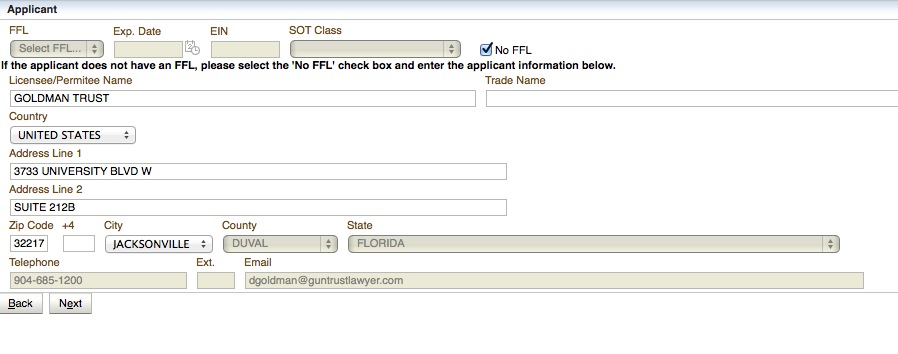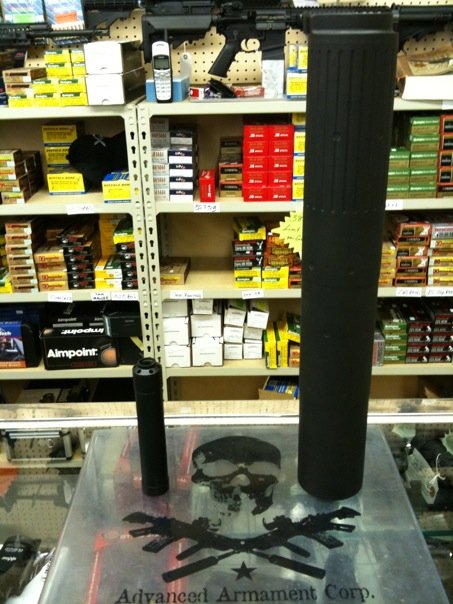Today there has been much news about an action or executive order to help ensure that people who should not be able to own NFA firearms are not permitted to do so using a Trust.
First, our Gun Trusts, have never allowed a prohibited person to legally purchase, or be authorized to use firearms or ammunition. This is one of the significant differences between a real Gun Trust from a Gun Trust Lawyer® like we provide, and other so called gun trusts or regular estate planning Trusts.
If you are a criminal, addicted to drugs, a user of illegal drugs(under federal law including medical marijuana), or prohibited to own firearms under local, state, or federal laws, you cannot use our documents to create a valid trust. In addition, any co-trustee or authorized users who are prohibited cannot be added and any attempt to do so is void.
 NFA Gun Trust Lawyer Blog
NFA Gun Trust Lawyer Blog





 While in some states, it is illegal to hunt with a Silencer, in the following states it is legal to hunt with a suppressor (often referred to as a “silencer”).
While in some states, it is illegal to hunt with a Silencer, in the following states it is legal to hunt with a suppressor (often referred to as a “silencer”).